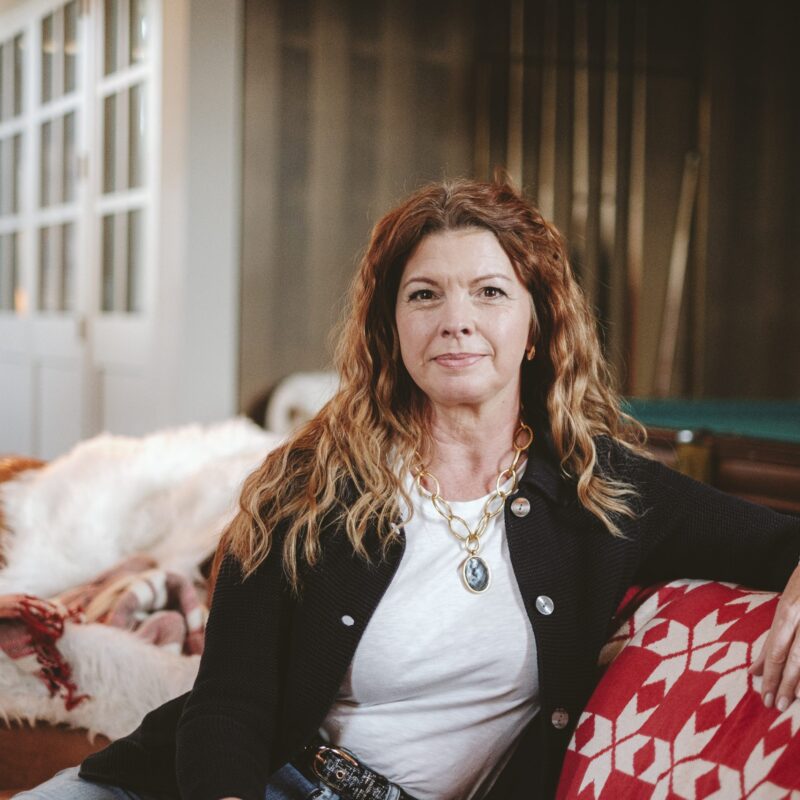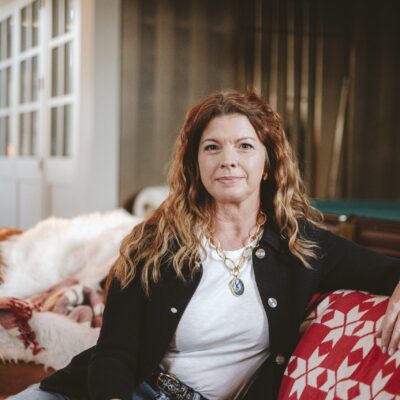Most people recognize and know how to meet their basic needs when it comes to doing things like eating and drinking, or turning the heat up or down. And they don’t even think twice about it. But what about when it comes to sex? Do we trust ourselves?
Recently, I attended an international conference where one of the most famous sexologists of our time, Beverly Whipple, was honored for her outstanding research in sexual health.
/--C_magazine/cville_sex_files.jpg) |
Whipple is probably best known for co-writing The G Spot and Other Recent Discoveries About Human Sexuality, which quickly became a best seller in the early ’80s. A quarter century later, in 2006, New Scientist Magazine named her one of the world’s 50 most influential scientists.
Whipple received a standing ovation at the conference as she was presented with the Gold Medal of the World Association for Sexual Health, a prestigious honor for sexologists not unlike winning an Academy Award. After giving a presentation about her achievements and methods (like using functional MRIs to study brain activity during orgasm), she was asked a final question about what she thinks is necessary to advance the future of sex research, and her answer was surprisingly simple: The most important thing is to keep listening to women’s voices. Listen to what they like to do when they have sex, and what they don’t like. What turns them on and off. How they experience their own sexuality, and so on. It’s as simple as that.
Too many women, in my opinion, don’t trust themselves when it comes to sex. Instead of just listening to their inner sexual voices, many women (and men for that matter) question their responses and can’t stop asking what they need to fix in order to function “correctly.”
For example, many wonder how to have the “right” orgasm. They ask themselves should it be a full body orgasm, and is it O.K. to have to use a vibrator to get there? Rest assured, any orgasm is a fine orgasm, whether brief and shallow or long and deep, and regardless of how you get there. It’s your sensation, so take ownership of it and enjoy it.
Others may wonder how to be the “right” kind of lover. Again, there is no right answer. If you and your partner enjoy what you are doing, great! If not, talk about it and find out what’s right for the two of you. Learn to trust your inner voice about what you like when it comes to sex.
Here’s another example of the importance of women’s voices that I cannot help thinking about. It goes back to my years in medical school, when one of my pediatrics professors started out every lecture by telling the class to “always listen carefully to the mother.” Her story about her sick child would almost always reveal the correct diagnosis. Only after having extracted important clues from the intuitive mother were we to order additional lab work or other tests, if at all necessary.
Few mothers recognized how valuable their detailed descriptions of their child’s symptoms were. Likewise, few women realize that their sexual sensations and responses are just fine the way they are.
Trust yourself that what you are feeling is right for you. Stop questioning. There is no right or wrong way when it comes to sex—you are much more sensible than you think.
Charlottesville’s Annette Owens, MD, Ph.D., is certified by the American Association of Sexuality Educators, Counselors, and Therapists. She has co-edited the four-volume book, Sexual Health (Praeger).





